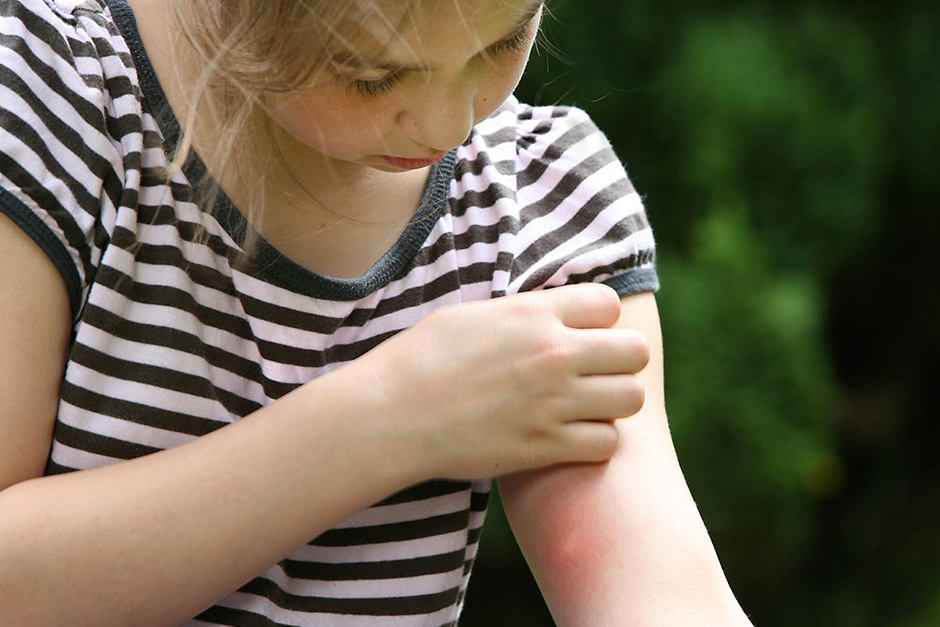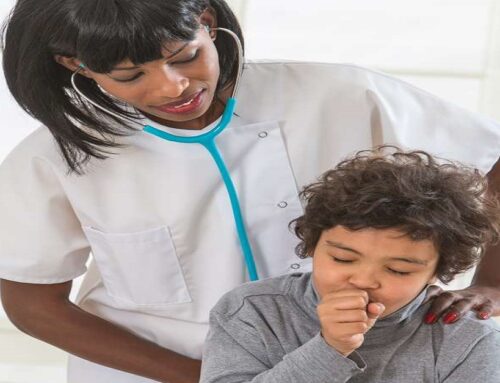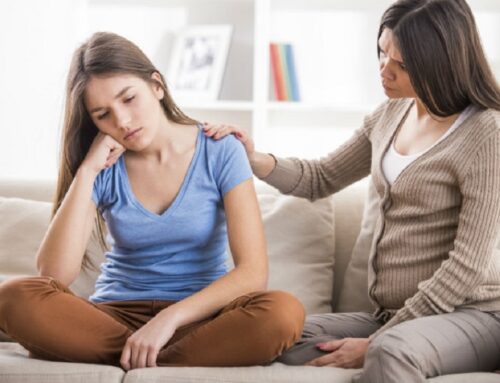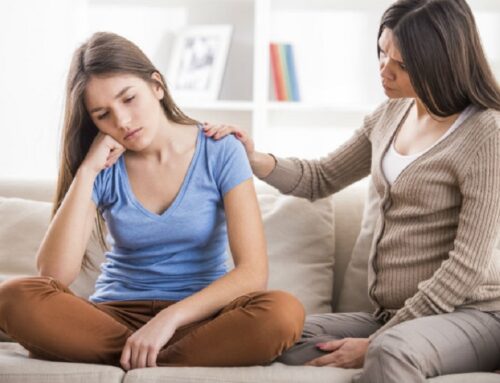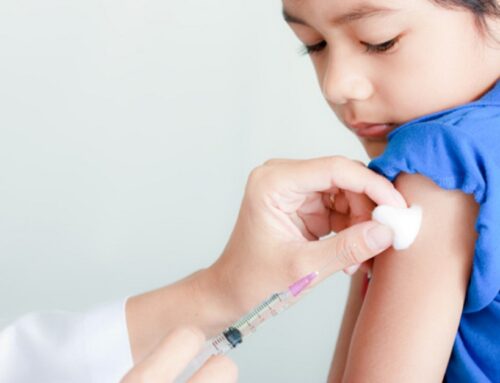Dealing With Insect Bites On Our Kids: A Summer Gift
We know that in this beautiful summer time, where all seek to be outdoors enjoying nature, we can find our joy interrupted by insect bites. Insect bites can range from harmless, causing only minimal discomfort, to moderate or severe swelling and pain causing reactions that can result in serious health hazards.
The most common insects in the summer are:
- Mosquitos
- Fleas
- Bedbugs
- Ants
- Moscas
- Lice
- Ticks
- Bees
- Arachnids
What are the most common symptoms of insect bites?
Mosquito, Fleas: Itchy feeling in the area of the sting associated with swelling and red skin, which disappears after a few hours.
Bedbugs: It gives bites in line, shape and groups usually on the arms or legs. The skin turns dark red in the center of the bite.
Ants: Bites from red ants or fire ants are very aggressive and cause painful sores and blisters inducing itching and burning. These symptoms can last up to a week. We must bear in mind that if your child is bitten by many ants, this can cause an anaphylactic reaction in which your child needs to be treated in an emergency.
Ticks: Produce a red rash in circular area of skin where they bite. Commonly they get attached to warm, humid places of the body, feeding on the blood of its host. We must take this bite into account as ticks transmit Lyme disease.
Spiders: Spiders are of multiple types. Bites may range from painless to bites which cause very stinging pain. Area of the bite can produce a swollen red or white area becoming an ampoule and progressing to an ulcer with a much darker center. This may be associated with fever, chills, body aches, cramps and headache, nausea and vomiting. The most serious result is infections and seizures.
How to prevent tick bites?
- Use insect repellents
- Wear protective clothing
- Take first-aid kit with you if you know your child is allergic to insect stings. Add an antihistamine and corticosteroid cream to your medicine cabinet.
- No doubt that bite has piqued your child, take him/her to emergency.
- If your son / daughter has trouble breathing, call 911 and initiate assisted breathing if necessary.
-Dr. Denise Núñez is a pediatrician and founder of the Niño de la Caridad Foundation in the Bronx

